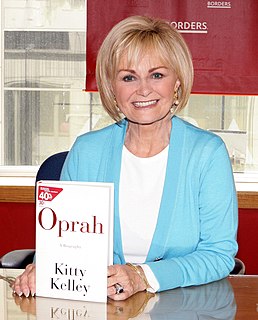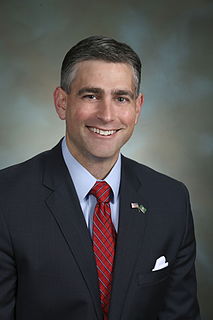A Quote by Conor Lamb
I'm Catholic. I believe life begins at conception, but I'm also American, and I believe in the separation of church and state. A woman's right to choose is the law of the land, and I support that.
Related Quotes
I believe in absolute freedom of conscience for all men and equality of all churches, all sects and all beliefs before the law as a matter of right and not as a matter of favor. I believe in the absolute separation of church and state and in the strict enforcement of the Constitution that Congress shall make no law respecting an establishment of religion or prohibiting the free exercise thereof I believe that no tribunal of any church has any power to make any decree of any force in the law of the land, other than to establish the status of its own communicants within its own church.
I am still a Catholic. I still believe life begins at conception. That is consistent with my Catholic beliefs. And I believe we must protect life. Whenever abortion comes up, we get questioned about the exceptions, but no one ever questions the extreme positions on the other side: late-term abortions, no on parental notification.
I believe abortion should be safe and legal in this country. I believe that since Roe v Wade has been the law for 20 years that we should sustain and support it. And I sustain and support that law and the right of a woman to make that choice. We can believe what we want, but will will not force our beliefs on others on that matter. And you will not see me waivering on that.
A favorite pro-abortion tactic is to insist that the definition of when life begins is impossible; that the question is a theological or moral or philosophical one, anything but a scientific one. Fetology makes it undeniably evident that life begins at conception and requires all the protection and safeguards that any of us enjoy....As a scientist I know, not believe, know that human life begins at conception.
As you know, the separation of church and state is not subject to discussion or alteration. Under our Constitution no church or religion can be supported by the U.S. Government. We maintain freedom of religion so that an American can either worship in the church of his choice or choose to go to no church at all.
I believe in an America where the separation of church and state is absolute - where no Catholic prelate would tell the president (should he be Catholic) how to act, and no Protestant minister would tell his parishoners for whom to vote - where no church or church school is granted any public funds or political preference - and where no man is denied public office merely because his religion differs from the president who might appoint him or the people who might elect him.
































